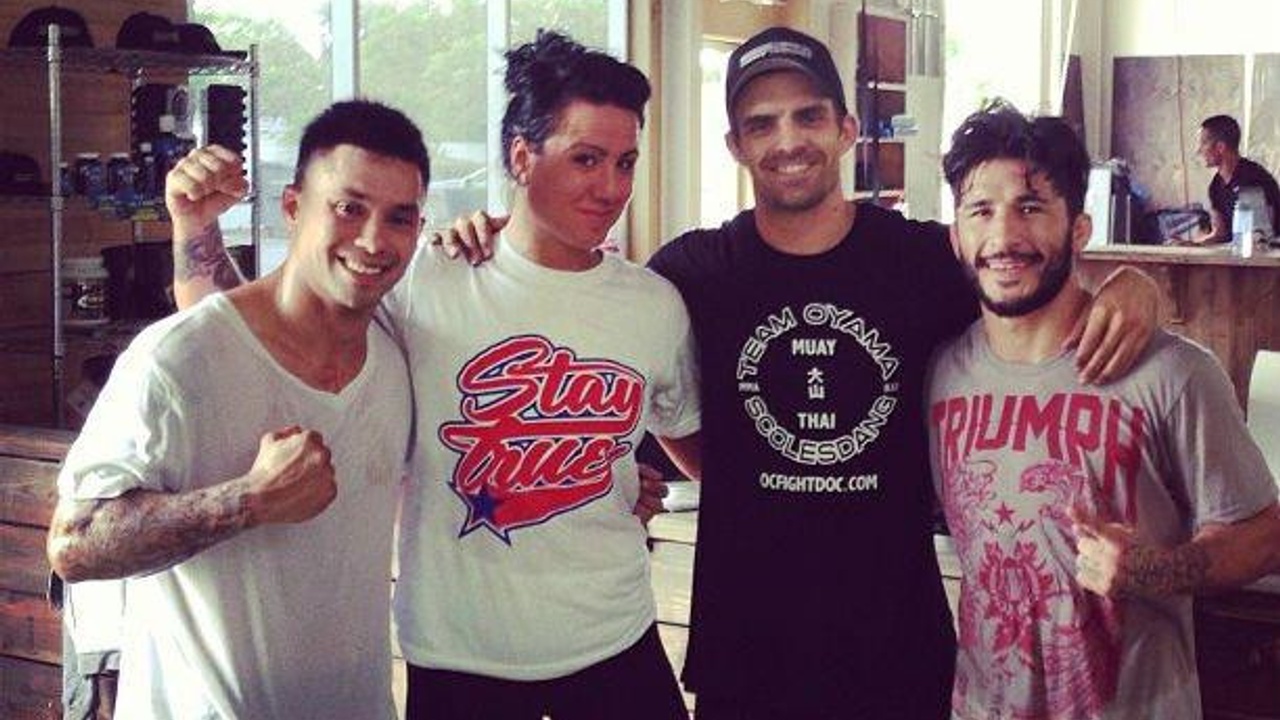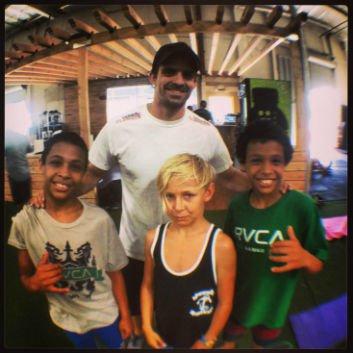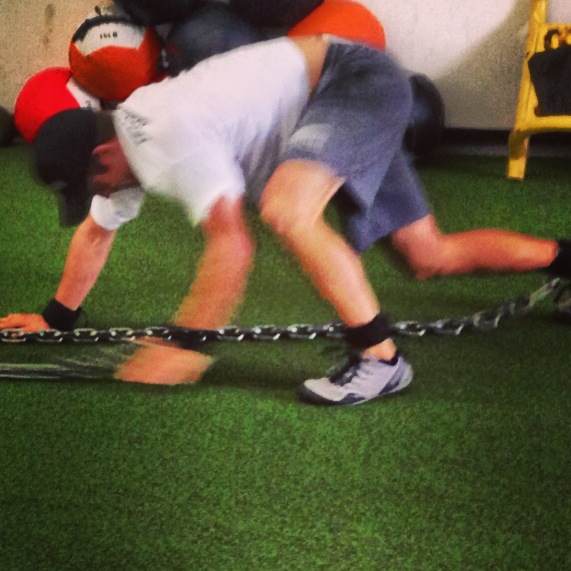
7 Tips to Becoming a Better Coach
by Corey Beasley
Coaching is one of the most rewarding and frustrating things that you will ever experience. You will have good times and bad times, kids that listen and others that drive you mad, but in the end you will have made a difference and helped a lot of people improve. Here are a few things that I have learned over the years and am always trying to implement with my athletes. I am no expert, but hopefully some of these tips will help you get better results with your team, athletes or other people that you are working with.
1. Inspire Change
Great coaches lead the way and inspire athletes to change, improve and stay the course. This takes a lot more than simply opening the doors of the gym, barking orders and expecting people to listen. Inspiring change requires passion, vision, patience and the willingness to say it over and over again until you are blue in the face. Show people the way, open up their eyes to possibility and help lead them down the path to better habits and success. One of the best ways that I do this is by constantly learning, reading, attending workshops and getting around inspiring people. This constant drive to improve opens doors, refines my program and continues to evolve over time.
For more info, check out this talk from Simon Sinek on TED.com: How Great Leaders Inspire Action
2. Establish Trust
Most of us walk around with baggage, issues, challenges and other things that have scarred us in the past. As a coach, we must realize that developing trust with our athletes is highest priority. Trust will break down barriers, open lines communication and avoid resistance. Once trust is developed coaching becomes easier and progress can be made at a faster pace. The easiest way to develop trust, from my experience, is to simply care about the people that are asking for your advice. Many people glorify the athlete, but I could care less about "Uncle Creepy", "Cookie Monster" or whatever...I make decisions and act to help the person. Performance is important, but the person's life will last a lot longer than their career.
“People don't care how much you know until they know how much you care” - John Maxwell
 3. Change Takes Time
3. Change Takes Time
Results do not happen overnight, but we live in a 'microwave society' that wants everything fast, quick and easy. Developing an athlete takes time, so in order to keep people interested and focused, we must paint the picture for them, show them the way and then hold them accountable until the goals are reached. This is easier said than done, because life has a funny way of throwing up obstacles that can derail our progress. It might be an injury, family challenge, accident, cold, kid, or any of a thousand other things that get in the way. The key point here is to realize that you must make a plan and then fluid enough to react to the challenges that always show up. Be patient and stay consistent.
Did you read this yet? If not, give it a read and share with your team.
4. Work with People that are Ready and Committed.
A lot of people want to win, but few are willing do what it takes to succeed. As a coach, you must set expectations and hold people accountable. In order to keep your sanity and your reputation, its important to work with athletes that are ready and willing to commit. In all areas of life, people make excuses that hold them back. Training is no different. If you work with enough athletes, you will soon realize that its no surprise why some succeed and others fail. It almost always boils down to who is ready and willing to commit to the process. Find the ones that are ready and pour your blood, sweat and tears into making them better.
“Once a man has made a commitment to a way of life, he puts the greatest strength in the world behind him. It's something we call heart power. Once a man has made this commitment, nothing will stop him short of success.” - Vincent "Vince" Lombardi
5. Stay Engaged
Coaching is a hands on profession. I think that its important to stay involved, get your hands dirty and experience what your athletes are going through. As a strength coach, I expect myself to stay in shape, healthy and lead the way both physically and mentally. While I am not perfect, I still work hard to keep improving every week. This not only helps me create effective programs, but also keep me mentally sharp and prepared for the challenges that are coming our way. Staying engaged will also help you relate to some of the issues that your athletes are facing and keep you and your advice relevant.
6. Establish Boundaries
Give somebody an inch and they will take a mile. When working with an athlete or a team, it is important to set expectations and healthy boundaries with them. This makes it easier to hold them accountable, keep them on track and preserve the relationship moving forward. Set a standard for attendance, work ethic, attitude and other things that you feel are important to their success. My biggest one for our athletes is consistency. Ask anyone that trains with me what is most important and they will confirm: "Corey gets pissed when we miss a workout." I dont do this for my own ego, but its because I know that consistency yields huge dividends over time. Establish your boundaries, talk about them all the time and people will fall into line. If not, then its easier to send them elsewhere. I'd rather see someone consistent with someone else, than inconsistent with me.
7. Communicate Effectively
This is probably my weakest link, but is something that I am working on very hard. Communication with your athletes is essential. They need to know what to expect, when to expect it and how that plays into their goals. On the flip side, it is just as important that the athlete is open and clear with the coach. How are they feeling, whats going on with their body/mind/life, their nutrition, their recovery, their performance, etc. Keeping an open line of communication with the athlete, their other coaches and whoever else is involved can help streamline the process, avoid over-training and keep the athlete moving efficiently toward their goals. A simple note, message or conversation every week can help.
Coaching is one of the most rewarding things you can do and although it can be frustrating at times, I still believe that the positives outweigh the negatives. Hopefully some of these tips will help you streamline your program, navigate around the BS and create a successful plan of attack for you and your team.
 Corey Beasley has been a strength and conditioning coach for almost 20 years and works with some of the best combat athletes in the world. His work has been featured in multiple magazines, newspapers and showcased around the UFC, Bellator, Invicta Fighting Championships, ADCC and more.
Corey Beasley has been a strength and conditioning coach for almost 20 years and works with some of the best combat athletes in the world. His work has been featured in multiple magazines, newspapers and showcased around the UFC, Bellator, Invicta Fighting Championships, ADCC and more.




